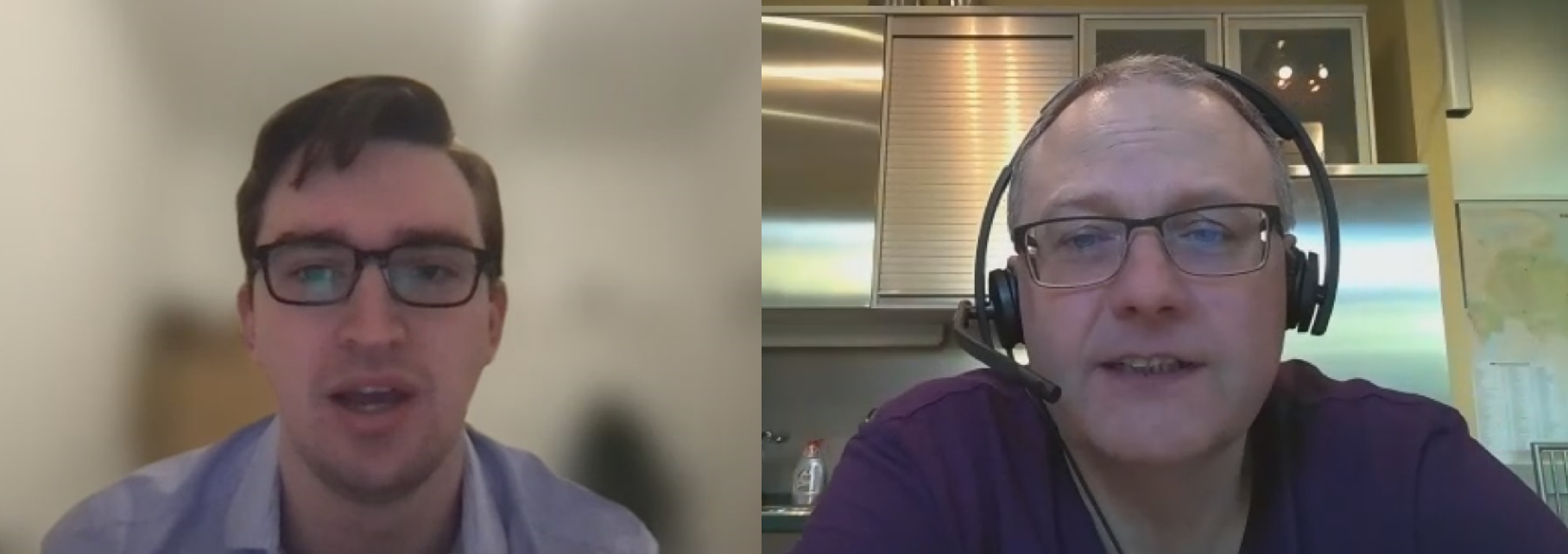MOSCOW. APRIL 7, 2022. PIR PRESS. “All those rumors and skepticism about how Russia would be able after the dissolution of the Soviet Union to deal with unprecedented challenges, were exaggerated. There were problems, grave problems with security of nuclear weapons, and even more significant problems with security in physical control and accounting of nuclear materials, but generally Russia did it well,” — Vladimir Orlov, director and founder of PIR Center.
On February 28, PIR Center’s director Vladimir Orlov was interviewed by Alex O’Neill, a master’s student at the Russian and East European Studies Program at the University of Oxford. The interview was part of the student’s work on a master’s thesis on the functioning of the U.S.-Russian Cooperative Threat Reduction Program during the first term of president of Russia Boris Yeltsin (1991-1996).
At the beginning of the interview, Vladimir Orlov answered the question about what factors prevailed in Russia’s decision-making process on whether to take part in the Nunn-Lugar program or not. According to Dr. Orlov, it would be wrong to highlight any single factor, since there was a real mix of factors, and all of them had an impact on Russia’s decision. Further, Vladimir Orlov stressed the need to separate real concerns from exaggerations: “We never had any situation where the real theft of weapons-grade nuclear materials, either highly enriched uranium or weapons-grade plutonium, which could lead to building of a nuclear device elsewhere. So, all those rumors and skepticism about how Russia would be able after the dissolution of the Soviet Union to deal with unprecedented challenges, were exaggerated. There were problems, grave problems with security of nuclear weapons, and even more significant problems with security in physical control and accounting of nuclear materials, but generally Russia did it well.”
In addition, Dr. Orlov pointed out that “there is a big question – how Russia would have dealt with all that without massive assistance from particularly the United States? I would say it would be much more difficult for Russia. It was actually an extraordinary challenge for the country, both politically and economically. In economic terms – there was literally no money, especially in 1992-1994. Politically, the Russian side saw this as another step towards the West. Moscow naively believed that through the dialogue we could become friends together and create a new security system, including by reducing the level of nuclear threat.”
PIR Center’s Director noted that “Russia could not be an ‘equal partner’ for the United States at that moment, it was clear. The issue of both real and equal partnership could appear much later, probably around 2006 with the G8 summit in Saint Petersburg.”
Among other things, the interview touched upon Foreign Ministers of Russia Andrei Kozyrev’s and Yevgeny Primakov’s participation in the Nunn-Lugar program, the general attitude of the Russian elites of that time towards Western participation in the elimination of stockpiles of Russian nuclear weapons, as well as the financial and corruption dimension of the issue on both sides.

